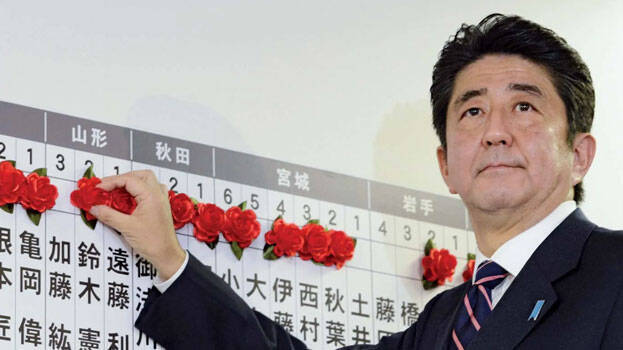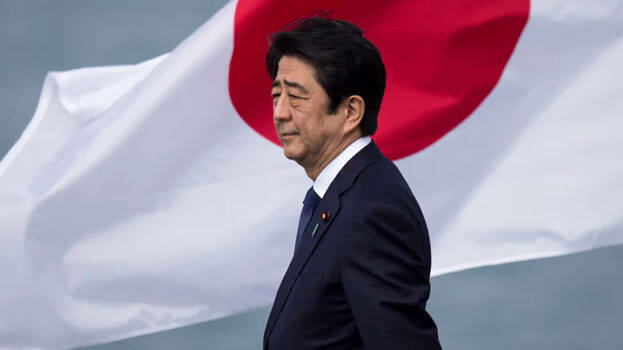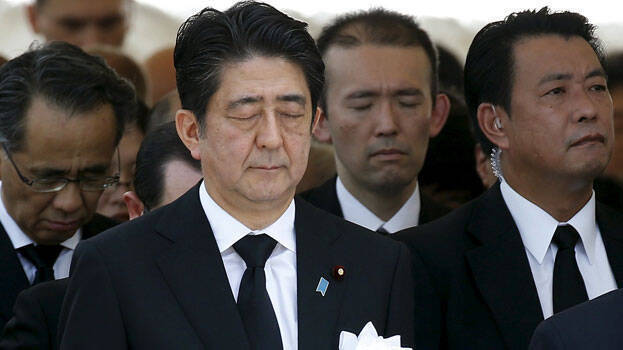

TOKYO: Former Japanese Prime Minister Shinzo Abe, who was assassinated on Friday, was a leader loved by the Japanese people. The country’s longest-serving prime minister, who was keen on forging key diplomatic relations and boosting the nation’s economy, is no more. It was Abe, who had led Japan to its current status, overcoming the struggles through its numerous unstable governments. He was able to transform the country into one of the world’s leading nations, both economically and militarily. Being a right-wing Japanese nationalist, he was always driven towards realistic ideologies and had the constant support of the nation’s citizens.
Abe's career in public life began in 1993 when he was elected to the House of Representatives. Later, he became the chief cabinet secretary in 2005, which led his path towards the prime ministerial berth in 2006. However, he had to resign in 2020 owing to health issues.

Abe’s emotional speech, after stepping down as prime minister, had garnered wide attention and acceptance at the time. “What worries me most now is that because of my resigning, the conservative ideals that the Abe administration raised will fade. From now on, I want to sacrifice myself as one lawmaker to make true conservatism take root in Japan”, Abe later wrote in a magazine. He was succeeded by his confidant Yoshihide Suga.
Japan means Abe
Abe’ life and governance is a lesson for every ruler and politician. He was born in a wealthy family. His grandfather, late Prime Minister Nobusuke Kishi, had been the ‘economic king’ of occupied China in the 1930s. Abe acquired office in 2006 and remained in power for one year. He served as the country’s prime minister from 2012 till 2020. He was also the leader of opposition briefly in 2012 and served as the chief cabinet secretary from 2005 to 2006.

Abenomics
It was Abe’s economic policies that had helped Japan to become the world’s third largest economy. These policies termed as ‘Abenomics’, is based upon three arrows — monetary easing from the Bank of Japan, fiscal stimulus through government spending, and structural reforms. Abe had studied politics at Seikei University in Tokyo and the University of Southern California in the United States and worked for a short time at Kobe Steel Company. All these have helped him in successfully implementing these economic policies. Stern action against corrupt officials and stances against vested interests had won him popular support in the country as well.